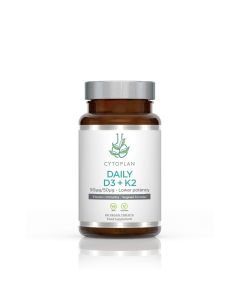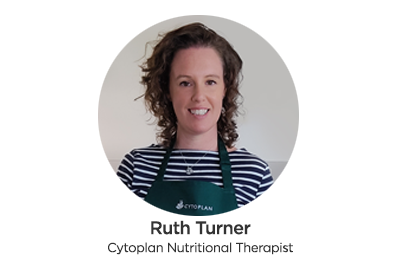What is the link between dehydration and stress? And how can you support both?
Feeling mentally drained or physically fatigued? Dehydration may be playing a role, and it could be intensifying your stress symptoms. While dehydration is typically associated with thirst or dry skin, it can also quietly exacerbate feelings of stress, low mood and low energy.








